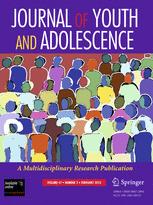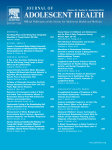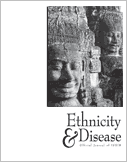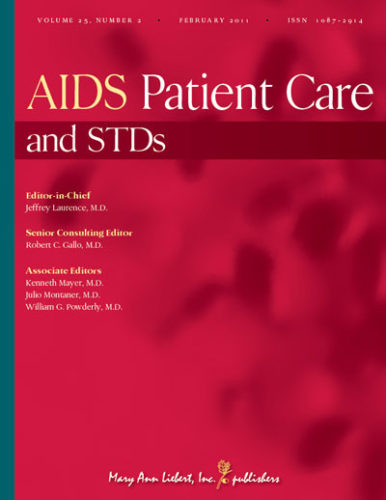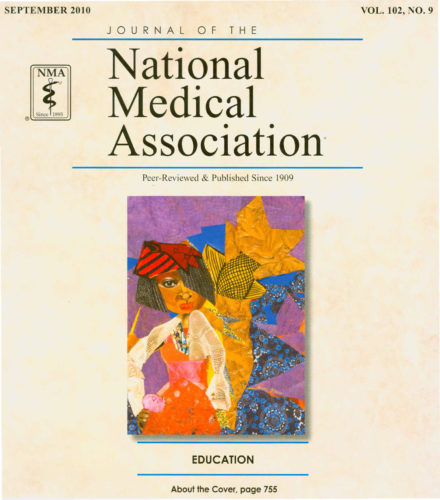Michael Hennessy, Ph.D., Senior Research Analyst at the Annenberg Public Policy Center, has accepted an invitation to serve on the editorial board of Human Communication Research, one of the official journals of the International Communication Association. Dr. Hennessy will serve on the editorial board during the current cycle of the editorship of Prof. James E.
Health and Risk Communication
APPC Scholars Awarded Grant to Advance Knowledge About Effective Health Communication
The Robert Wood Johnson Foundation has awarded APPC $200,000 to begin work on a multi-phase project that seeks to advance knowledge about effective uses of health communication and disseminates its findings through a dynamic website. APPC scholars will begin by producing a series of reports that assess the strengths and limitations of the major theories
FDA study underestimates impact of graphic tobacco warning labels, Annenberg Public Policy Center research shows
A controlled experimental study of over 5300 smokers conducted by the University of Pennsylvania’s Annenberg Public Policy Center (APPC) posted to the FDA comment website (http://www.regulations.gov/#!submitComment;D=FDA-2010-N-0568-0006) today shows that multiple versions of the proposed warnings produce desired effects by increasing negative feelings respondents experience about smoking a next cigarette. “By failing to study the labels’
Adolescent and young adult victims of cyberbullying at increased risk of suicide: Female youth especially at risk
Results released today from the National Annenberg Survey of Youth reveal that 1 out of 7 or 14% of adolescents and young adults have experienced being a victim of cyberbullying (see Table 1 below). Those who experience cyberbullying report higher rates of thinking seriously about suicide in the past year (see Table 2 below). The
Winter holiday suicide myth continues to be reinforced in press, APPC study finds
The annual analysis by the Annenberg Public Policy Center (APPC) of news reporting during the previous winter holiday period reveals that newspapers continued to perpetuate the myth that suicides rise during the holidays. The proportion of stories that supported the myth during the 2009-2010 holidays remained at approximately the same level as during the previous
